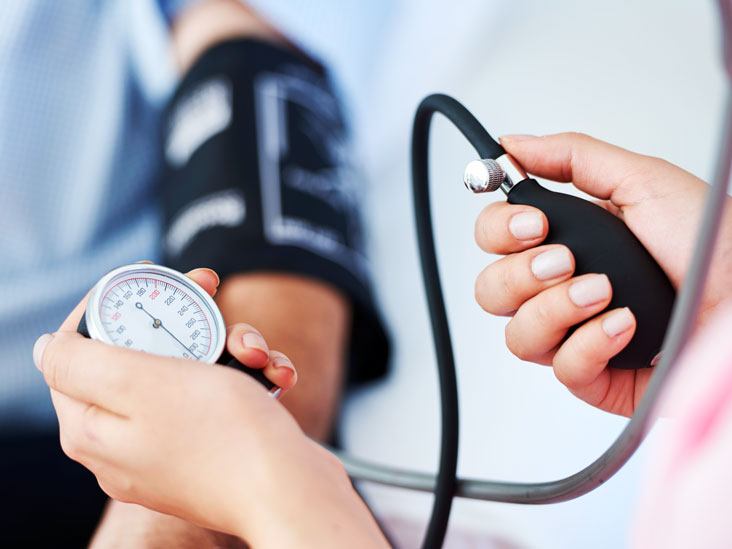Blood Pressure vs. Heart Rate
Blood pressure
Blood pressure is a two-part measurement, expressed in a fraction, like 120/80 mm Hg.
 The first number is the systolic pressure, which measures pressure against your artery walls when your heart contracts and pumps blood out. The second number, called the diastolic pressure, measures the blood’s pressure against the artery wall as your heart rests between pumps.
The first number is the systolic pressure, which measures pressure against your artery walls when your heart contracts and pumps blood out. The second number, called the diastolic pressure, measures the blood’s pressure against the artery wall as your heart rests between pumps.
Hypertension, or high blood pressure, means your heart is working too hard which can weaken your heart and damage your blood vessels. If your blood vessels can’t move blood through your body effectively, your heart and other important organs such as the eyes, brain, and kidneys may not get the oxygen and nutrients they need. High blood pressure raises your risk of heart, disease, heart attack, heart failure, stroke, and kidney disease.
Hypotension, or low blood pressure, means your heart pumps more slowly than normal. That’s not always a problem — athletes sometimes have low blood pressure. However, hypotension can cause symptoms like fatigue, dizziness, weakness, and blurry vision.
Heart rate
A high heart rate or pulse, on the other hand, can indicate stress, excess weight, medicine usage, a poor fitness level, or body position. Your heart rate is the number of times your heart beats per minute, and it can change gradually as you age. The difference between pulse and blood pressure is both in what they measure and what they affect.
How Blood Pressure and Heart Rate Are Related
Interestingly, your heart rate and blood pressure won’t always rise and fall in sync. Even if they both rise, it doesn’t mean they’ll rise at the same rate. When exercising, your heart rate will increase, but your blood pressure may stay the same or increase to a lesser extent. That’s because the blood vessels increase in size to allow for faster and easier flow. The blood flow may not impact the blood pressure reading to the same degree as it does your heart rate.
By UPMC health care......
I'm a living testimony of Dr Okosun musa he help me cured my heart disease within 1 month and two weeks with his herbal medicine without sugary he can help you too contact him on his email drokosunmusa@gmail.com or you can call or whatsapp him on +233551428414 or +2349056175191 whatsapp only
ReplyDelete